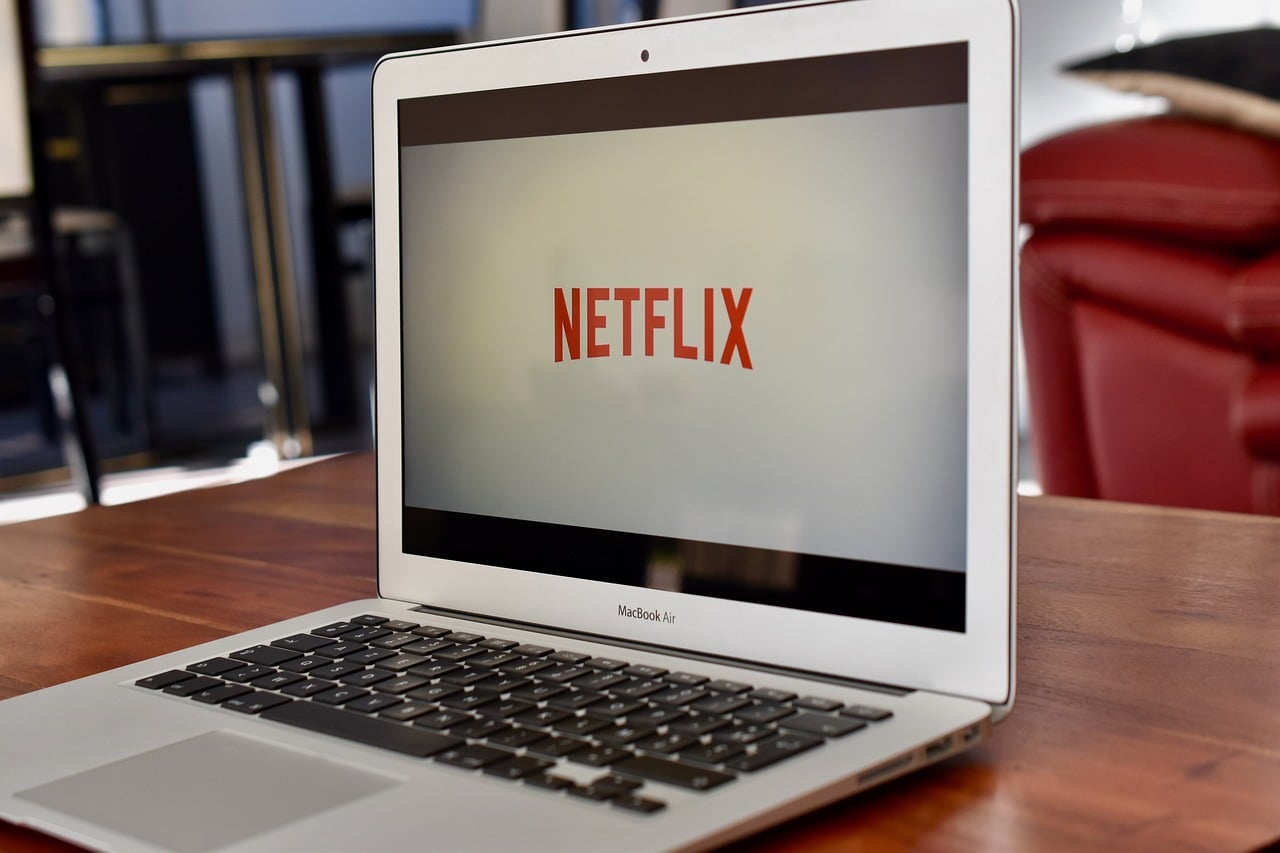Netflix is an Internet-era success story. To become a global leader in on-demand entertainment is quite something when years ago it was just a domestic U.S. DVD rental business. The numbers are pretty impressive. Achieving 79 million subscribers and billions of dollars in revenues in 192 countries is a huge success.
Netflix not a replacement but a complement
There are only a few traditional TV executives who have not been affected by the “Netflix effect.” The streaming giant has talked up the existential threat it poses to traditional TV. People love TV content, but they do not love the linear TV experience, says the streaming giant on its website. However, the question is: are consumers really moving decisively away from linear TV to on-demand instead?
Netflix has managed to persuade millions to switch to its relatively low-cost, one-month-at-a-time, unlimited service in the United States, where pay-TV penetration is probably among the highest in the world with many millions signed up to expensive long-term cable TV contracts.
However, in the U.K., the majority of Netflix users also subscribe to the Virgin Pay TV services or Sky, and neither of them has lost customers as a result. This suggests that the streaming giant has been taken up by people not as a replacement but as a complement to what they already had, says The Guardian.
Limited impact on traditional broadcasters
The consumption pattern speaks the same thing. Linear TV generates 3.5 hours of viewing per household on average and 2 hours a day, even among the younger, so-called “Netflix generation,” while the streaming giant generates roughly 38 minutes of viewing per day on average in households. Also 65 billion hours of content is broadcast by linear TV compared to a billion hours streamed by the U.S. firm.
Even though the streaming service offers a great service which is smart, relatively inexpensive, simple and easy to use, and some of its original programming is getting widely popular, there is very little to suggest that people are doing anything more revolutionary than adding it to their existing TV list.
Established players like BBC store, BBC iPlayer, Sky Now and Hulu already have Internet-based on-demand services of their own. Also there are lucrative deals already in place with HBO, Hollywood Studios and Showtime in the case of Sky, and this effectively denies access to attractive content to the streaming giant. On-demand services have been taken up by many, and the industry is expected to continue to grow.
“But its impact on traditional broadcasters such as the BBC may be much more limited than they fear – and almost certainly less than Netflix hopes,” the report says.





